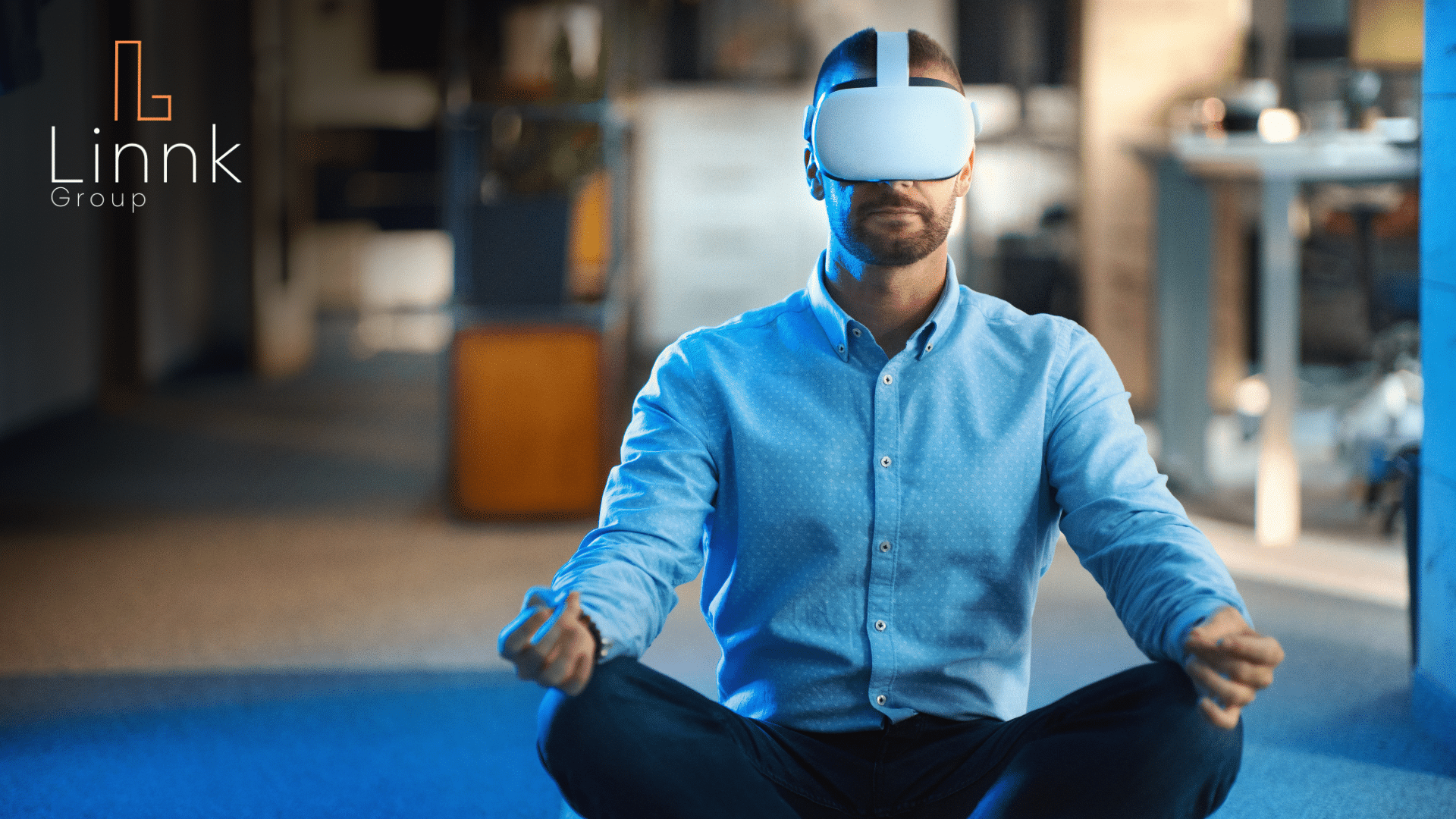Beyond Reality: VR’s Impact on Diagnosing and Treating Mental Illness
Related Articles

Virtual reality (VR) technology, once confined to gaming and entertainment, is now demonstrating considerable promise as a versatile tool for assessment, treatment, and skill building within mental healthcare. Through immersive and interactive virtual environments, VR enables researchers, clinicians, and patients alike to gain greater insights into the mind and access more engaging and effective interventions.
Enhanced Assessment Through Immersive Environments
By simulating real-world situations and emotional triggers, VR assessments allow for more accurate evaluation of conditions like social anxiety, uncovering nuances in behavior and cognition that traditional methods may miss. Studies have found VR improves diagnostic capabilities by over 30% for certain disorders. The capacity to assess patients in ecologically valid, simulated settings appears to provide richer data and analysis compared to traditional assessment techniques.
The Efficacy of VR-Based Treatment
Beyond assessment, VR also enables cutting-edge therapeutic approaches. Randomised trials have evidenced the effectiveness of VR exposure therapy in reducing PTSD symptoms by over 40% compared to standard exposure methods. VR interventions have also succeeded in decreasing stress, increasing resilience to anxiety triggers, and boosting abstinence rates for those overcoming addiction. Though more research is still required, these preliminary findings highlight the considerable potential of VR-assisted treatments.
Enhancing Skills Through Immersive Simulations
VR allows mental health professionals to gain competency through low-stakes, simulated practice, with studies showing simulations significantly boosted clinical skills and confidence. When deployed for patients, VR interventions similarly improved social and conversational abilities in those with social anxiety. By enabling targeted skill-building opportunities in risk-free virtual environments, VR technology holds exciting possibilities for both treatment providers and patients to expand their capabilities.
Cautious Optimism as Research Continues
However, it is important that the research community proceed judiciously, using VR to complement rather than replace established treatments until large-scale randomised trials can further validate efficacy and best practices. While initial findings are promising, VR should be adopted conservatively until its full risks, limitations, and most appropriate applications are better understood. Still, the future looks bright for VR in mental healthcare.
With its unprecedented capacity for immersive assessment, treatment, and skills training, VR represents an extraordinarily valuable addition to the field. As researchers optimise its application through prudent studies, VR will likely continue elevating mental healthcare to new heights.


